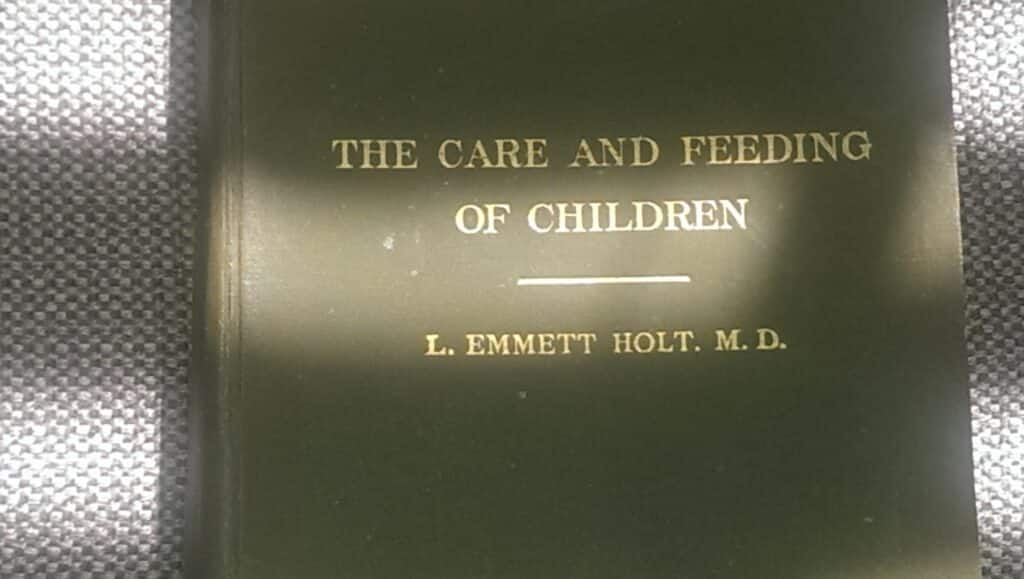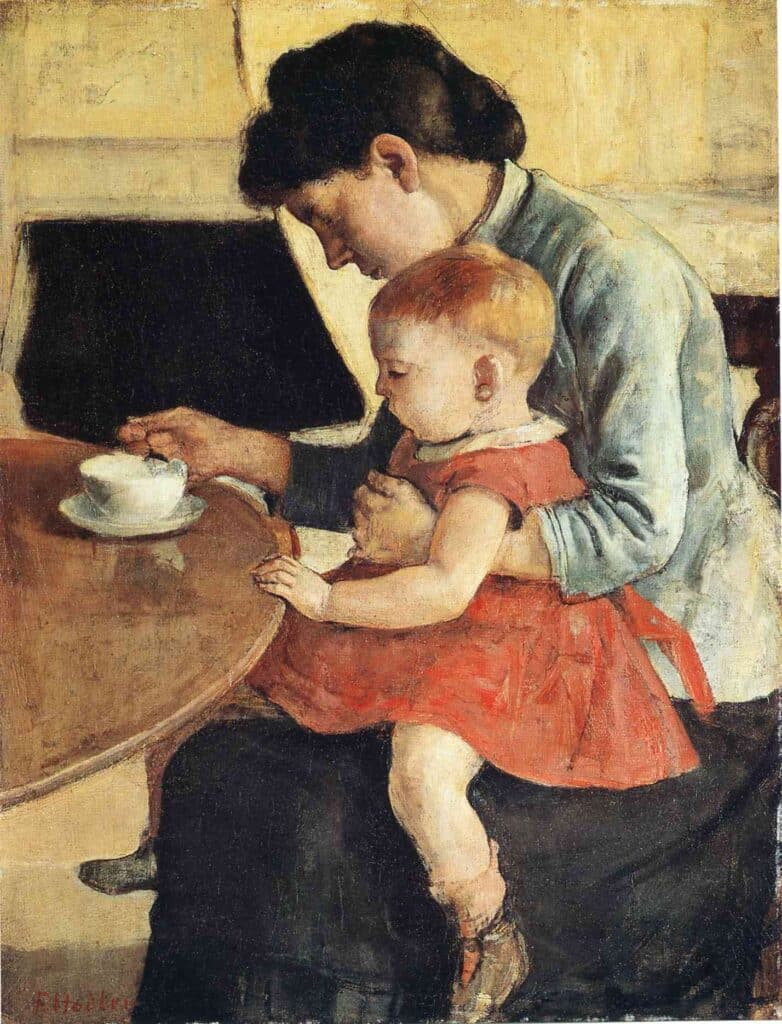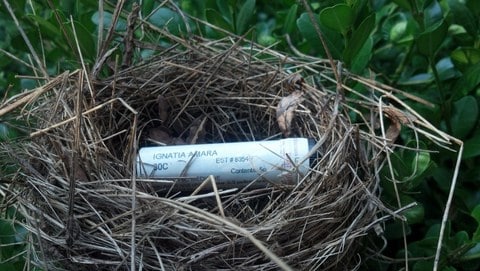Mom, I’m Really Sick!
I write this while my husband is driving on our way back from spending the night at our son’s home. My son had phoned me asking me to help him because he had a raging fever, severe head and back pain and weak breathing. He’s not often sick, so when he does this, I […]
Mom, I’m Really Sick! Read More »










